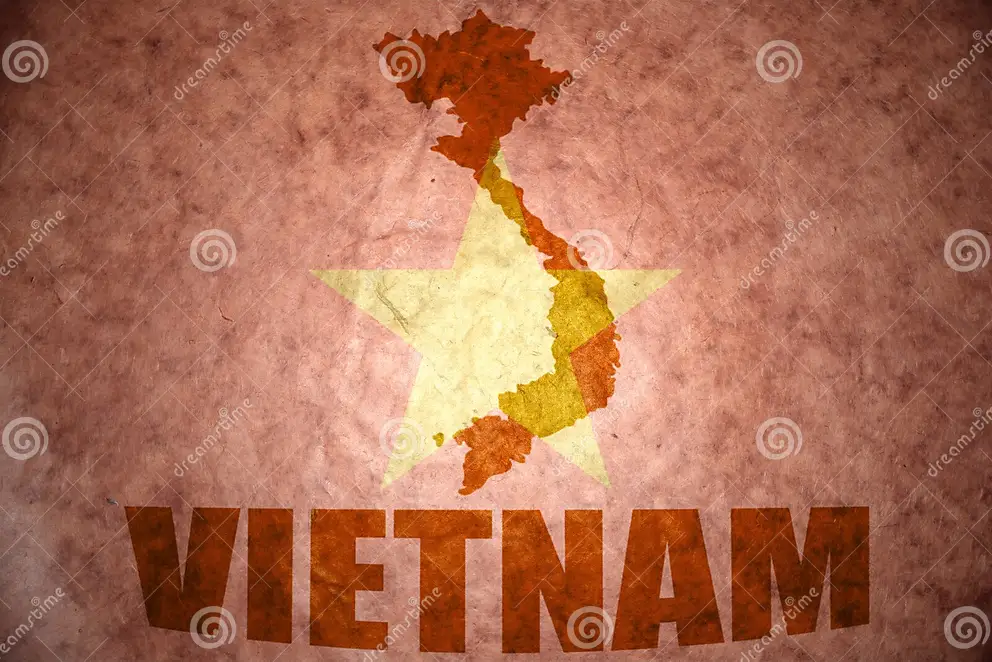Toronto Star – Gleb Tsipursky
Deputy Prime Minister Richard Marles expressed his support for Blair, highlighting the ongoing cooperation between Canada and Australia aimed at deterring hostile actors. He emphasized that avoiding conflict remains a top priority as both nations work together to address threats in the Indo-Pacific and other regions. Marles, who also serves as Australia’s Deputy Prime Minister, was in Vancouver for a bilateral meeting with Blair.
During the meeting, the two countries discussed enhancing their strategic partnership, focusing on key areas such as increased military cooperation in the Indo-Pacific, commitment to regional stability, investment in defence capabilities, and addressing cyber and space threats.
Blair underscored the significance of the Indo-Pacific’s security, noting, “Canada and Australia are both Pacific nations, and the security of the Indo-Pacific is crucial for the security of both our nations. Today, that security is being challenged in significant and difficult ways.” He also criticized the Chinese Communist Party (CCP) for orchestrating the most ambitious military buildup since World War II, aiming to reshape the international system to serve its own interests.
These remarks followed recent pledges by Australian and U.S. officials to increase military rotations in the region in response to the CCP’s “destabilizing actions.” Both ministers stressed the importance of the Five Eyes partnership, which includes Canada, Australia, the United States, the United Kingdom, and New Zealand, as a cornerstone of their enhanced cooperation.
As nations deeply invested in the Indo-Pacific, Canada and Australia reaffirmed their commitment to a peaceful, stable, and prosperous region. They discussed the need for responsible management of strategic competition and efforts to reduce the risk of conflict in the area.
The Canadian minister highlighted the country’s significant increase in naval deployments and defence engagement in the Indo-Pacific, creating more opportunities for joint training and multilateral exercises with Australia. The ministers also expressed concern over Beijing’s expansive maritime claims, which they deemed inconsistent with international law, and condemned the regime’s aggressive actions in the South China Sea.
The discussion also touched on the importance of maintaining peace and stability across the Taiwan Strait, with both ministers opposing any unilateral changes to the status quo. They called for peaceful dialogue to resolve differences and rejected the use of force or coercion.
Additionally, the ministers condemned North Korea’s destabilizing missile launches and its pursuit of nuclear weapons, which violate multiple U.N. Security Council resolutions.
Canada and Australia are making significant investments in their national defence strategies, focusing on strengthening their defence capabilities. The ministers explored opportunities for mutual learning and training to enhance the interoperability of their military forces, particularly on shared platforms.
The statement also noted Canada’s interest in collaborating on advanced capability projects under AUKUS Pillar II, the non-nuclear component of the AUKUS trilateral security pact, which includes technology sharing.










